Greetings Salty Disciples,
Rev. Lenny Duncan’s book, Dear Church has captured our attention. Some of the first responses to reading this book included:
Angry
Challenging
Easy to read, hard to put down
Expanded definition of reparations
Hooded Acolyte Ropes and KKK?
I want to walk as a Child of the Light?
Rethinking our own history
White Supremacy & Privilege
Whitest denomination
Duncan was angry when he wrote the book and it is difficult to sit in another’s anger without getting pulled into its vortex to defend or push back. If I wrote a letter back in response, what would it be? Would I mirror the anger? Would I try to defend the actions of the church? He was angry and pushing back when he put together the table of contents for Dear Church when his first bid for a book was rejected which was more a memoir, a trajectory of grace. Now he is working on that book.
On of the questions that we discussed in adult forum was, “What would reparations look like in our congregation?” The dictionary definition of reparations is the act of repairing something; the making of amends for a wrong one has done, by paying money or to otherwise help those who have been wronged.
Duncan thinks Lutherans are obsessed with reconciliation (the restoration of friendly relations or the action of making on view or belief compatible with another) and really need to be in conversation about reparations. Duncan thinks that Lutherans have been trained to search for reconciliation and “we don’t like the waiting between repentance and reconciliation - that silent pause is a moment for us to see ourselves for who we truly are and it’s scary (p. 39). He says that our attempts at diversity are mostly from an assimilation modality - in other words become like us. Duncan is calling us to repent of the systemic sin of white supremacy and not move immediately to calls for reconciliation because we get uncomfortable.
Duncan calls for financial reparations but pushes Lutherans to begin by repenting and turning away from the root of the problem - to repair the breach that we caused. We’re all complicit in the communal sin of white supremacy. Duncan thinks the first step toward reparations is to dismantle white supremacy. He points us to “The Truth and Reconciliation Commission in South Africa” as a model; and I would also recommend The Book of Forgiving: The Fourfold Path for Healing Ourselves and Our World by Desmond Tutu and Mpho Tutu. As well as the model that is outlined in Matthew 18:15-20 where the person who has been sinned against is to go to the one who has committed the sin against them and name it, name the brokenness, the fault and if they listen to you, they are regained into the community, if not bring witnesses so that good listening takes place.
So we have listened and we have acted. Our acolyte robes have had the hoods removed. The council is opening the discussion for marriage equity to have a place in the by-laws of our constitution (see page 4). And we will listen to our neighbors and not assume we have the answers or offer a program but will work together, accompanying one another, walking together with our neighbors. I will encourage our council and committees to meet outside our walls and in our neighborhood. Meeting outside our walls might change us and how we think about our mission and ministry at Christ the King. I think this is what reparations might look like at CTK. What do you think?
Believing it Boldly Loving Expansively,
Pastor Connie Spitzack

